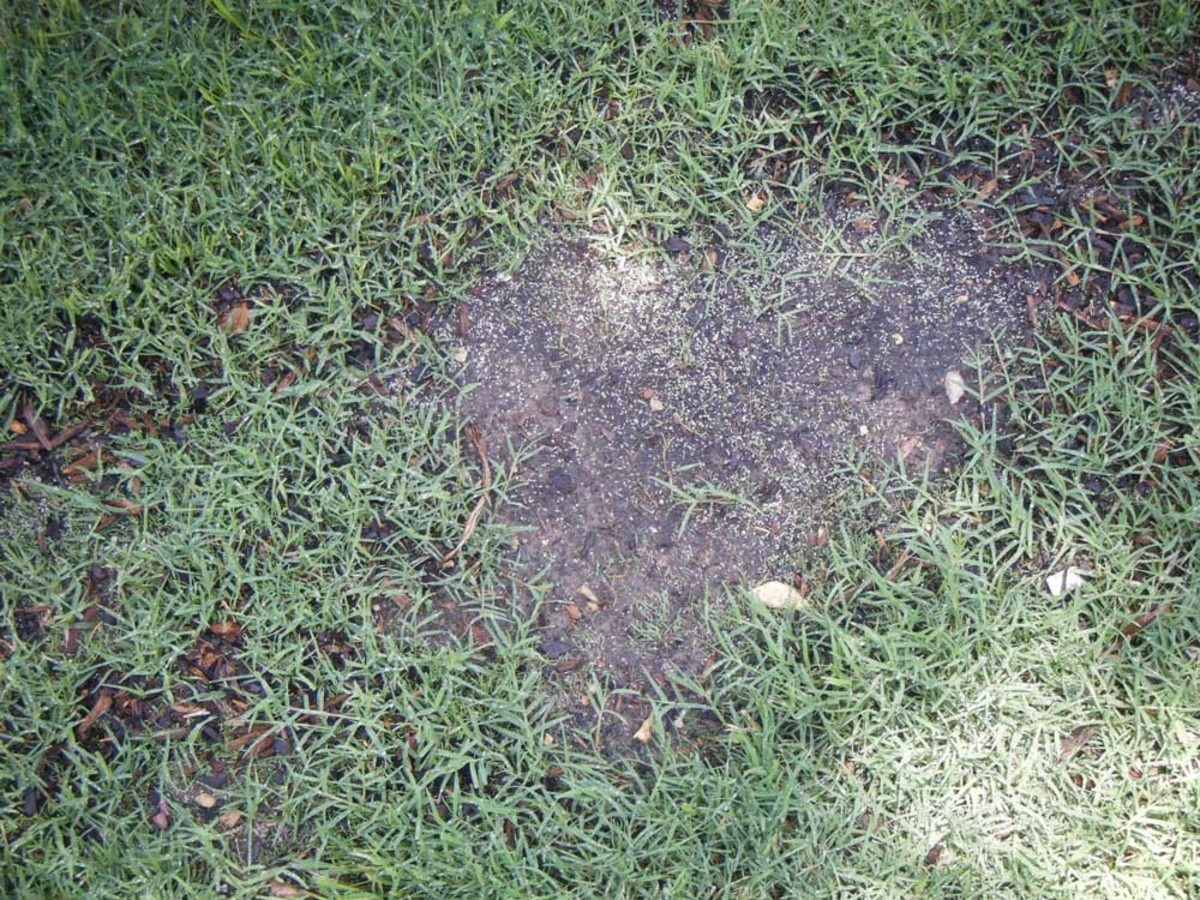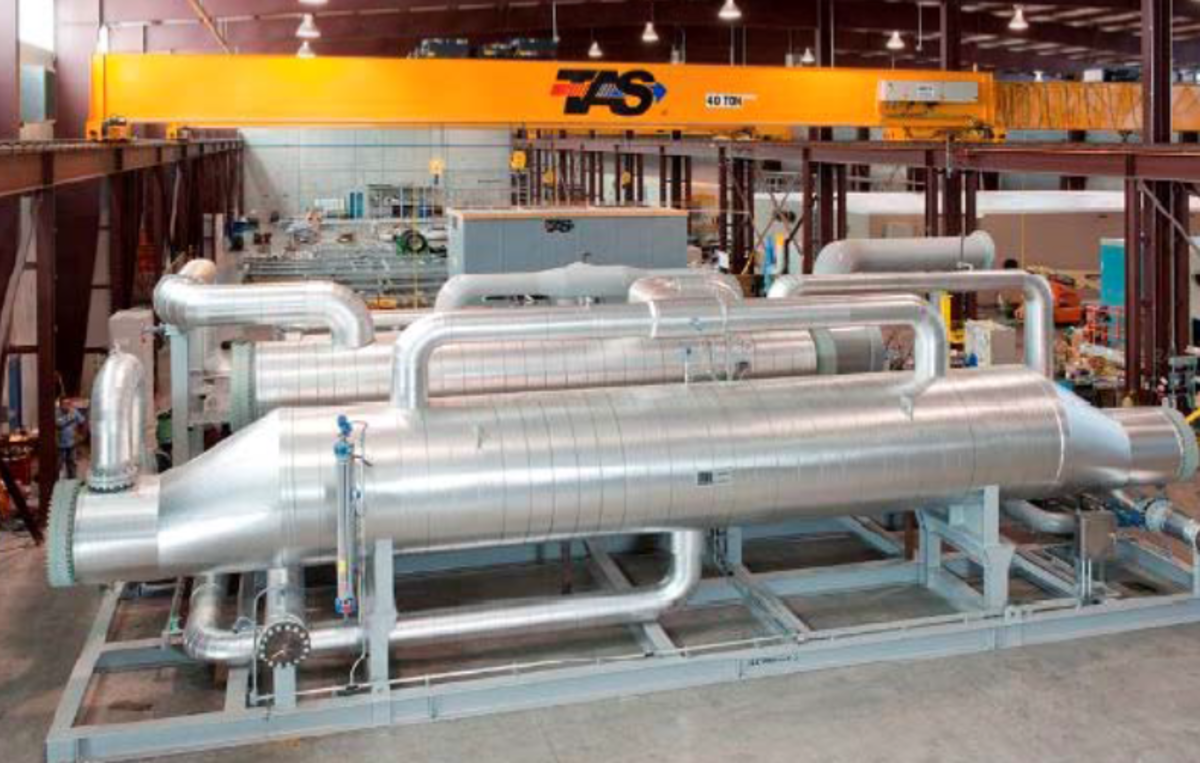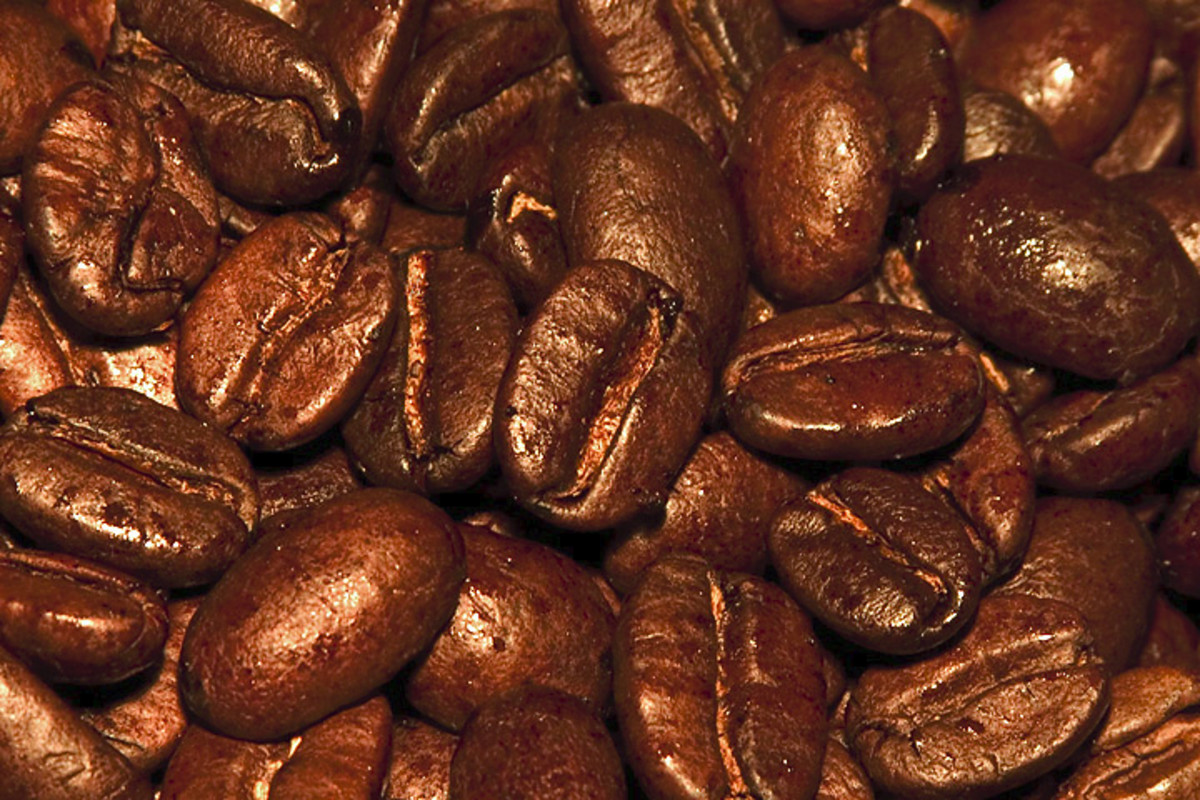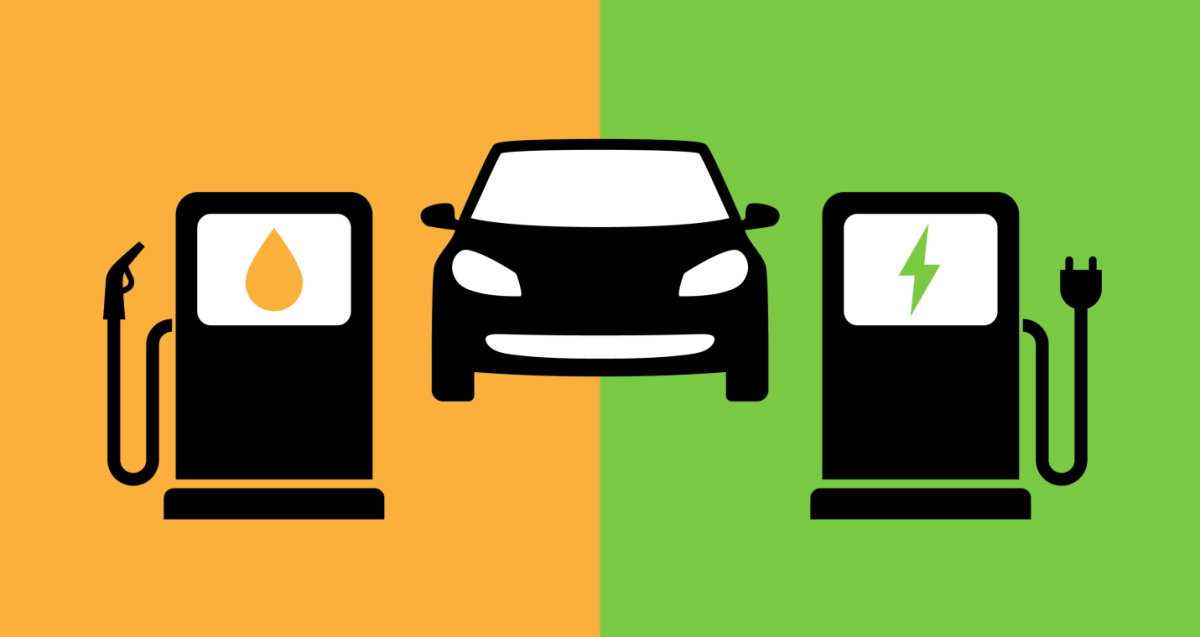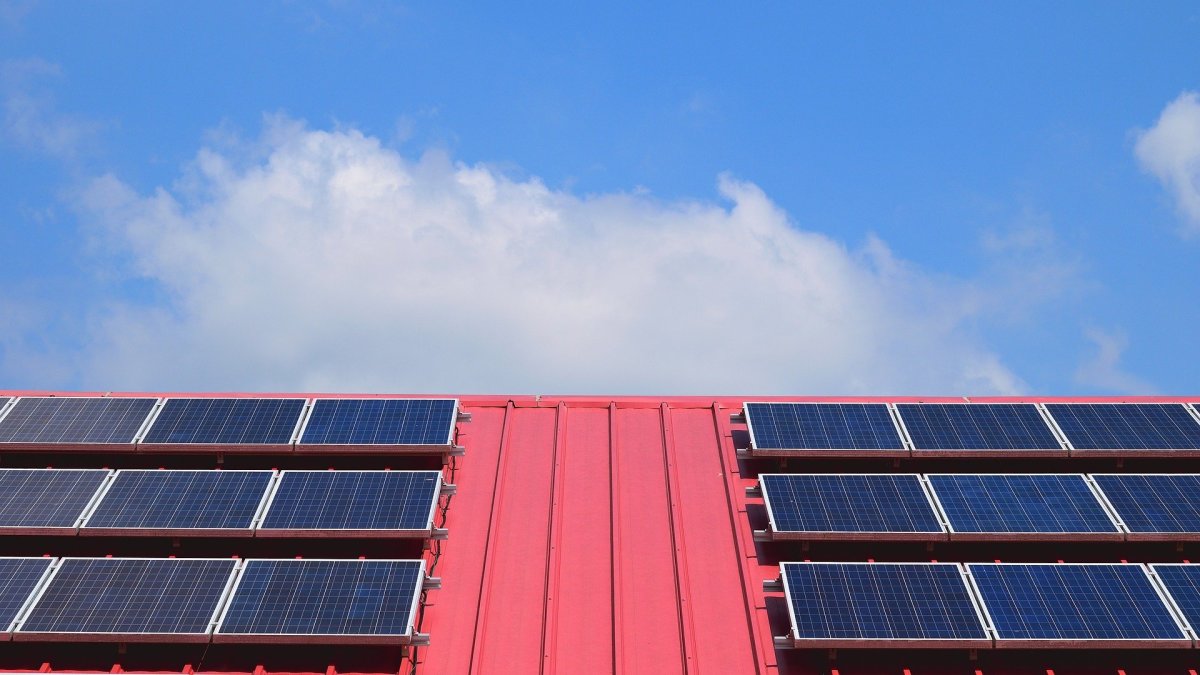How Safe is Fracking?
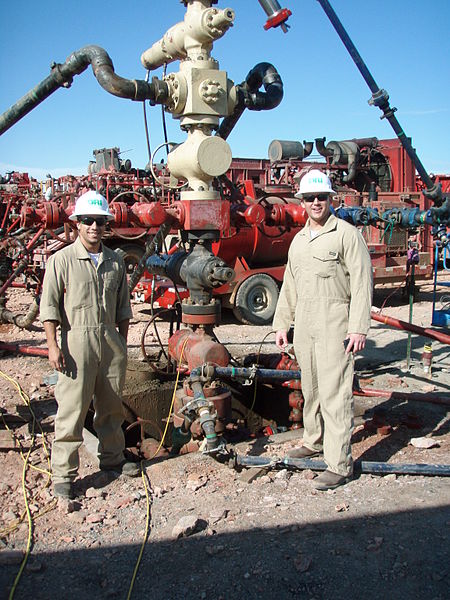
What is Fracking?
Fracking is a way of using hydraulic pressure with massive amounts of chemicals and water to go deep into the earth. It fractures the shale rock layers below to find sources of natural gas, petroleum or other resources. The word fracking is a shortened form for hydraulic fracturing.
Large corporations are leasing the rights to state lands and farm grounds for fracking. Read on to find out why we should ban it. Yes, we need more natural gas, but at what cost? The hazards of using this method are not worth it.
It Contaminates Ground Waters
The state of Michigan has offered public lands at auction for this purpose. Residents near the area are signing petitions to try to stop it. I had heard of the process in the past, but recently have become very involved since they plan on doing this just miles from our home. Of course, I am alarmed by the dangers of the process.
Besides being near homes it is on state lands meant for the enjoyment of the public and to conserve wildlife. Much of the land is near lakes and streams.
According to the siteDangers of Fracking, each job takes 1-8 million gallons of water. You can imagine the force to the land. Sand and up to 40,000 gallons of chemicals are mixed with the water. This includes as many as 600 chemicals, many that are dangerous to human health. Chemicals that are known to cause cancer, liver problems, kidney disease and nervous system disorders are included in this mix. Lead and mercury are also included and we know how dangerous consumption of these are.
The companies here won't let the citizens know which chemicals they use. They claim the chemical are being patented for the process. President Obama is currently making a law to force the companies that do fracking, to reveal the chemicals used. This doesn't make them any safer though. The waste water caused by the operation could be even worse than already known.
A percentage of chemicals is left in the ground, contaminating that too. Since the chemicals don't biodegrade, they stay there leaving the contamination for generations to come. Cement is put where the fracking was done, but the wells often get cracks in them later which leak.
Many farmers have leased out their farmlands. I've heard that some have only given in due to high pressure.
In Pennsylvania and West Virginia sites near wellsradiation levels that were found that were 100 times the allowable levels for drinking water. 15 of the wells had more than 1000 times the level that is allowed by the EPA. Radiation is found naturally deep in the ground and then flushed up. Much of the radiation and other contaminants just gets pumped into rivers and streams. No waste water treatment is used to filter out the harmful substances.
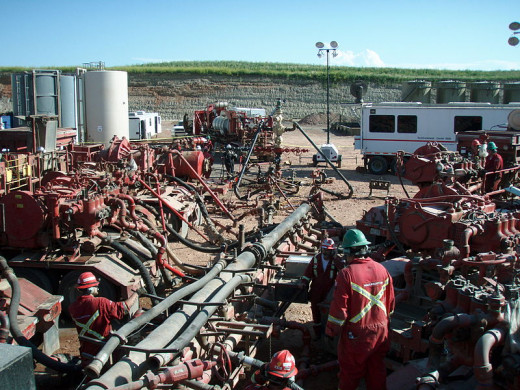
Green House Gas Emissions
Methane is burned at the well in the process of removing the gas from the ground. Waste is left that evaporates into the air causing air problems. The fracking can damage our ozone layer and cause acid rain. Water tested near wells have had a 17% higher level of methane than in other areas.
Other Problems
Earthquakes have happened in the areas that have been fracked. This isn't surprising, since such pressure is applied deep in the ground. You'll find arguments about this, but since I wrote this article in 2013, today the second day of May 2015, we just had the second strongest earthquake in Michigan's history. It was just a 4.2, but how strong will they get in the future? It is unusual for Michigan to have an earthquake.
Oklahoma now has as many as 2000 earthquakes a year. I am hoping Michigan bans fracking before this happens to us.
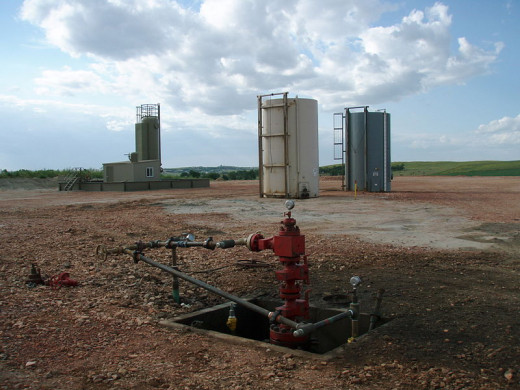
The Other Side of the Story
There is no doubt that fracking does create jobs and does increase tax revenues. According to the site Statesman.com, it will add $18 billion in economic growth to the area. The process also gives our country more secure supplies of natural gas for the future and lowers the present prices. 30% of our natural gas is now produced in this manner.
The natural gas obtained from fracking can be used to produce electricity. It is a much cleaner option than coal, because it has 30% less carbon emissions. According to the NY Times, it is safer than the traditional drilling because it goes so far below the soil.
It can make states crack down hard on environmental issues on other industries, by setting standards that they hadn't completed before. Recycling the water is being set as a standard in some states.
Whether fracking should be allowed or not all boils down to money. Water is one of the most important resources in our country. Is having cheaper natural gas for heat worth losing our safe water supply and damaging air quality? You decide for yourself.

